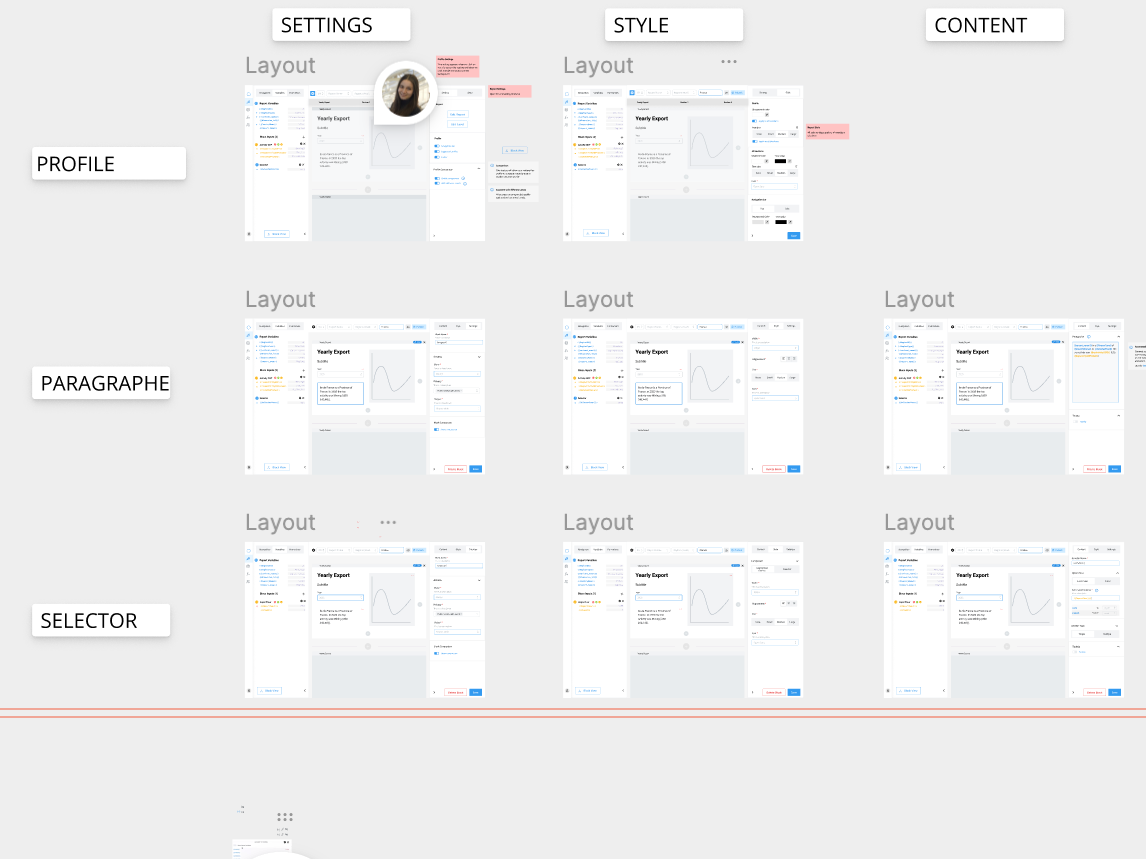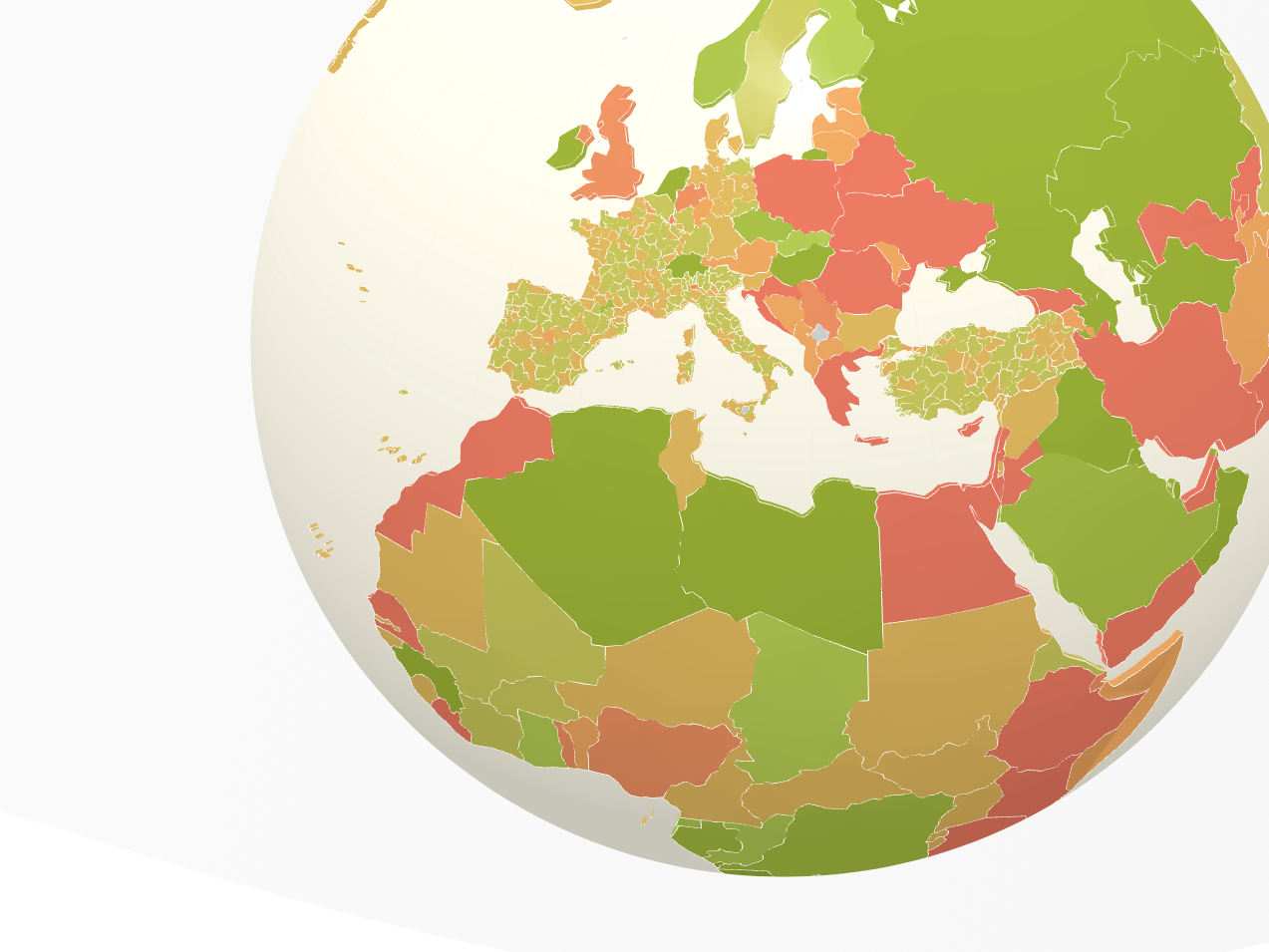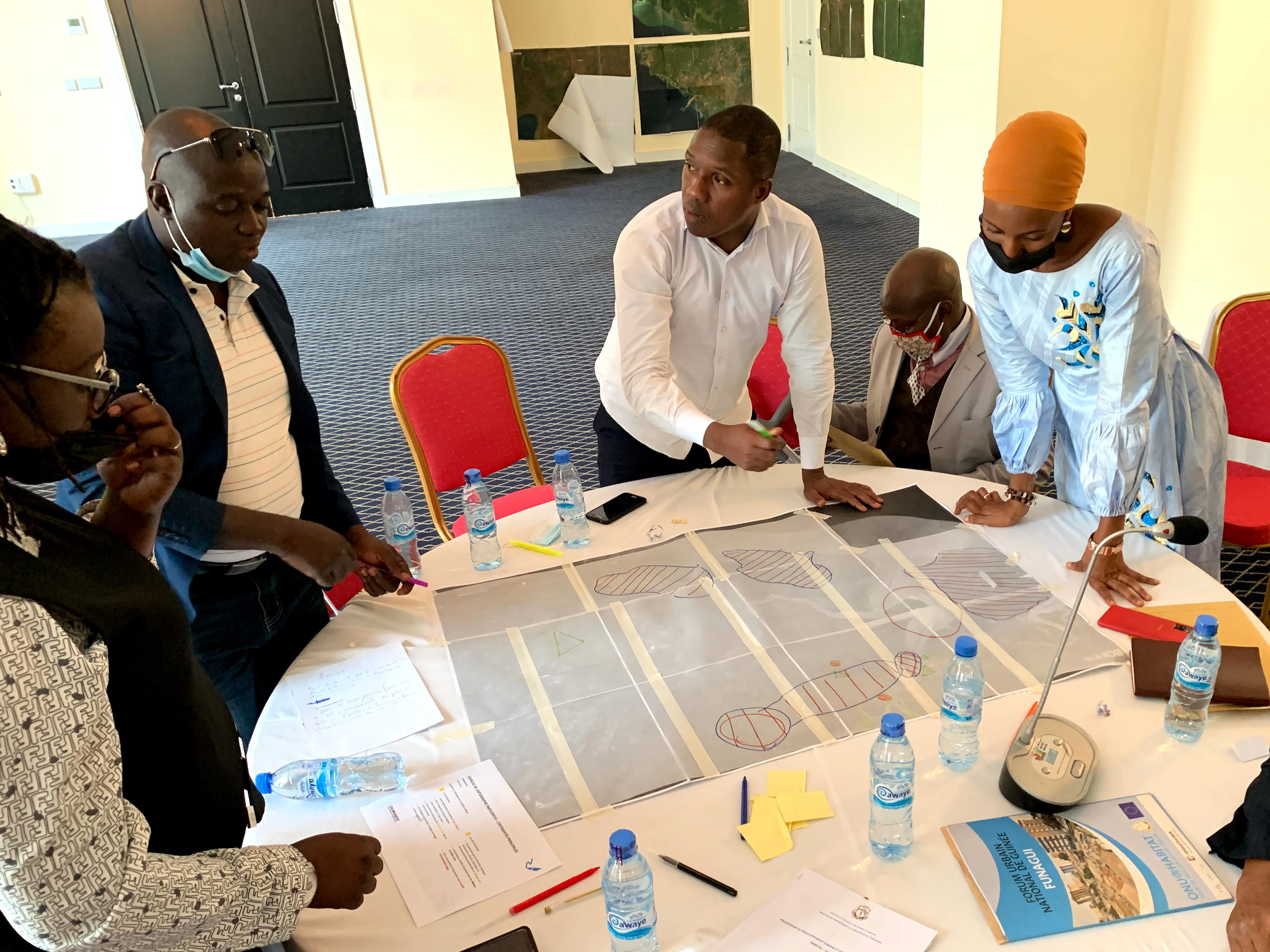Systemic solution to tackle informal waste management
In the Muqattam informal neighborhood of Cairo, live a community of “Zabbaleen”, arabic word for “garbage people”. This community is originally farmers who came to the city to escape the rural poverty in the 1940s, then they developed an economy based on garbage collection and recycling. With time, zabaleen people developed a successful informal economy with waste as a primary resource. The quality of life of the zabaleen is however significantly low. This informal collecting and recycling system led to social and health problems for the Zabbaleen. The good economy kept the children away from school, and the lack of room to store the garbage and material to collect and recycle safely led to important health issues. With the demographic and the waste production increase, the city of Cairo and the zabbaleen will face increasing challenges. How might we preserve and encourage this sustainable recycling system while designing a healthier relationship to garbage in Zabaleen? To better understand this complex system, we modeled it. We came to the conclusion that the solution must be multi scalar and fundamentally holistic. To envision this system in 30 years, we used foresight methods to design with uncertainty. How the Zabbaleen will deal with more waste, with less space? As megalopolis will tend to expand vertically, “in-air” waste management could solve the sanitation in Zabaleen. How might we address recycling vertically? In middle eastern urbanism, flat roof have many uses. Our proposal is to use those roof as a space to store, sort, and recycle the garbage in zabbaleen. Potentially, it can clear the street from garbage, using new in-air mobility technology such as drones, and solve the problem of trucks unable to access narrow streets of the medina. As a proof of concept, we focused our design on the most important egyptian solid waste: organic waste. Zabaleen used to deal with organic waste with pigs farming, that kept them segregated from the rest of the muslim population of Cairo. We propose a roof vegetable garden that use organic waste as fertilizer. In continuation with zabaleen knowledge and culture of farming, this installation will empower zabbaleen to grow and sell food products to the city of Cairo.





